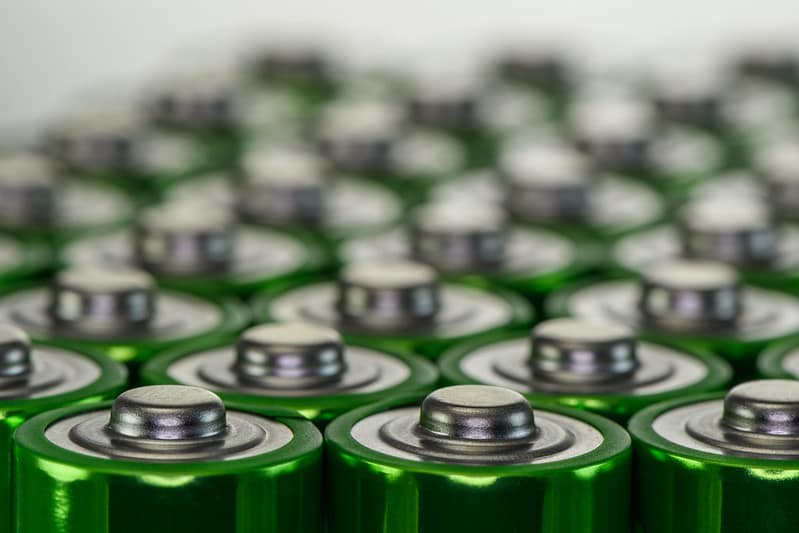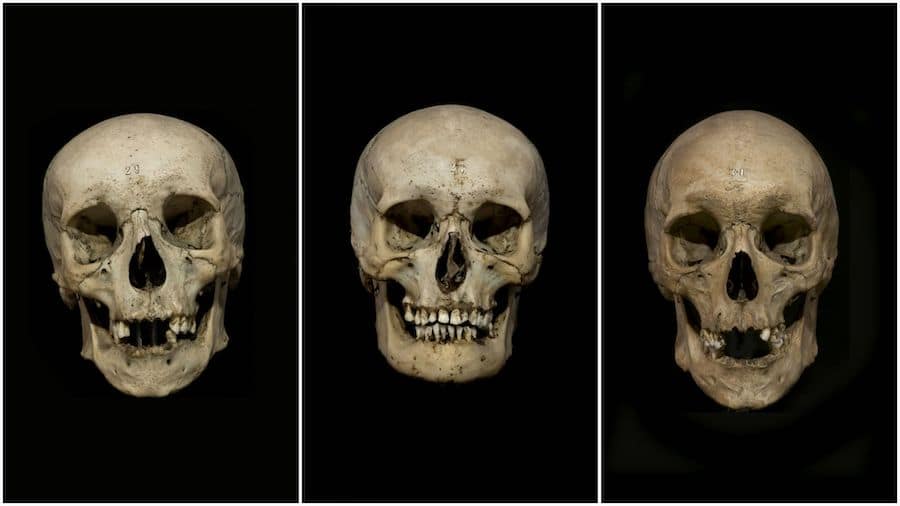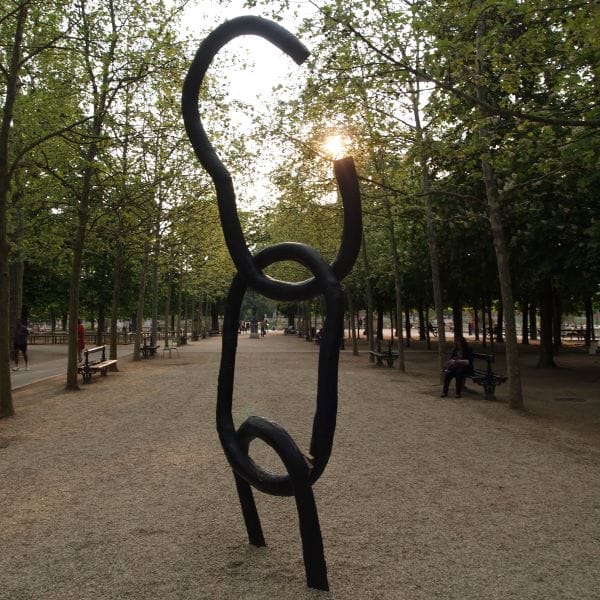The 2019 Nobel Prize in Chemistry has been awarded to the inventors of the lithium-ion battery. This innovation has the potential to revolutionize our energy-hungry society and to help us break free from our carbon addiction. But will it? Isn’t our obsession with innovation the disease, rather than the cure?
Very few visitors of the University Museum in Groningen know that the three skulls exhibited there once belonged to Dutch gang members, and what they can tell us about the history and development of psychology and neuroscience.
“So, what do you actually do in your PhD?” Casual questions like this can be surprisingly hard to answer for PhD students. This is because we are trained to write for scientific journals and give conference talks, not to explain our ideas at family reunions or over drinks and loud music. But they are good […]
Martijn van Zomeren doesn’t hate hope. But he certainly thinks hope is overrated. Recent research found that when people were more hopeful about solving climate change, they were not more motivated to do anything about it. Hoping may thus make us feel better, while doom is coming to the world.
I decided to write this blog about writing and citing after stumbling upon a phantom article – a cited article on how to write that does not actually exist, but nonetheless has been cited hundreds of times.





